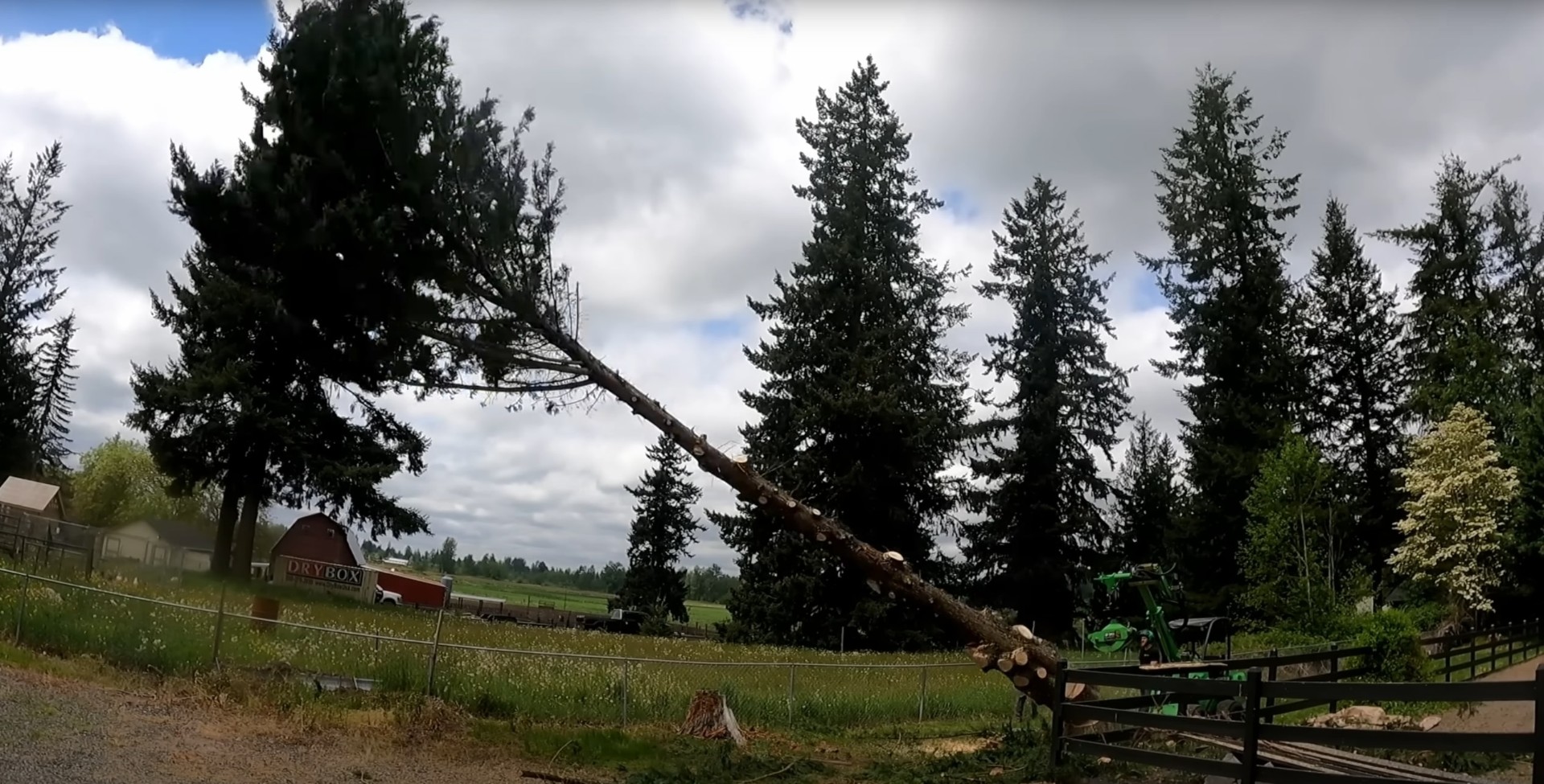Tree Health & Maintenance Services

Proactive tree health management prevents problems before they become expensive emergencies while maintaining your landscape's beauty and value.
Tree health maintenance represents the difference between reactive problem-solving and proactive stewardship. Regular health programs identify and address developing issues before they compromise tree stability, safety, or appearance, ultimately saving money while preserving your landscape investment.
Comprehensive Health Assessment
Professional tree health evaluation requires systematic examination of multiple factors that influence tree vitality and longevity. Our certified arborists assess each tree's structural integrity, disease resistance, and environmental adaptation to develop customized care recommendations that address specific needs and challenges.
Visual inspection forms the foundation of health assessment, identifying obvious signs of stress, disease, or structural problems. However, many serious tree health issues develop internally and require more sophisticated diagnostic techniques to detect early stages when intervention can still be effective.
Root zone evaluation often reveals critical information about tree health that isn't apparent from canopy inspection alone. Soil compaction, drainage problems, nutrient deficiencies, and root diseases can all compromise tree health significantly before symptoms appear in the visible portions of the tree. A crucial fact about tree root systems: they extend horizontally 2-3 times beyond the canopy spread, meaning that construction, irrigation changes, or soil modifications far from the trunk can still affect tree health dramatically.
Environmental stress factors specific to Cerritos' Mediterranean climate require special attention during health assessments. Drought stress, salt exposure from ocean breezes, air pollution impacts, and urban heat island effects all influence tree health in ways that require local knowledge and experience to recognize and address effectively.
Disease Prevention and Management
Disease prevention proves far more effective and economical than treatment after infections become established. Our maintenance programs include regular monitoring for early disease symptoms and implementation of cultural practices that strengthen trees' natural disease resistance mechanisms.
Common diseases affecting Cerritos trees include various fungal infections that thrive in our warm, occasionally humid conditions. Oak wilt, anthracnose, and root rot diseases can devastate valuable landscape trees, but early detection and appropriate treatment can often prevent serious damage or tree loss.
Integrated pest management approaches control harmful insects and diseases while minimizing environmental impact and protecting beneficial organisms. This strategy combines biological controls, cultural practices, and targeted treatments to maintain healthy tree populations without relying heavily on chemical interventions.
An interesting fact about tree disease resistance: many diseases that can kill trees in other climates become manageable chronic conditions in Southern California's dry summers, provided trees receive appropriate care during their vulnerable periods. Understanding these seasonal patterns allows us to time interventions for maximum effectiveness.
Nutritional Management
Tree nutrition in urban environments requires different approaches than forest or agricultural settings. Limited root space, altered soil chemistry, and restricted water availability create unique nutritional challenges that standard fertilization practices may not address effectively.
Soil testing provides crucial information about nutrient availability, pH levels, and soil structure that affects trees' ability to access nutrients even when they're present in adequate quantities. Many urban soils suffer from compaction, altered drainage, or chemical imbalances that prevent effective nutrient uptake.
Deep root fertilization delivers nutrients directly to active root zones where trees can utilize them most effectively. This technique bypasses surface soil limitations and ensures efficient nutrient delivery while minimizing environmental impact and surface disruption.
Water Management Strategies
Effective water management balances trees' physiological needs with conservation requirements and local water restrictions. Different species have dramatically different water needs, and irrigation strategies must account for these variations while maintaining overall landscape health.
Mulching represents one of the most effective water conservation strategies while providing multiple additional benefits. Properly applied organic mulch reduces evaporation, moderates soil temperature, suppresses weeds, and gradually improves soil structure as it decomposes. However, improper mulching can actually harm trees by creating conditions that promote disease and pest problems.
Irrigation system evaluation ensures water delivery matches trees' specific needs and growth patterns. Many landscape irrigation systems designed for lawn areas don't provide appropriate watering for mature trees, leading to shallow root development and increased stress during dry periods.
Structural Support and Maintenance
Structural maintenance preserves trees' safety and longevity by addressing mechanical issues before they lead to failure. This includes cable and brace installations for trees with structural weaknesses, proper pruning to reduce wind resistance, and removal of hazardous deadwood.
Regular maintenance schedules ensure consistent care that addresses seasonal needs and changing conditions. Different times of year require different maintenance activities, from dormant season pruning to summer stress monitoring and fall preparation for winter weather.
Growth management helps trees adapt to their allocated space while maintaining health and structural integrity. This involves strategic pruning, root management, and sometimes growth regulation treatments that help trees coexist successfully with urban infrastructure and neighboring plants.
Long-term Planning and Care Programs
Successful tree health maintenance requires long-term perspective and consistent implementation of care practices over multiple growing seasons. Trees respond slowly to management changes, and sustained programs produce far better results than sporadic interventions.
Customized care programs address each property's unique conditions, tree species mix, and management goals. Regular monitoring visits allow early detection of developing problems and adjustment of care practices based on tree response and changing environmental conditions.
Investing in professional tree health maintenance protects your landscape investment while ensuring the safety and beauty of your property for years to come. Our comprehensive health programs work hand-in-hand with our pruning services and complement our consulting expertise to provide complete tree care solutions.
Contact Cerritos Tree Service today to learn more about our tree health and maintenance programs. Our certified arborists will assess your trees' current condition and develop a customized care plan that keeps your landscape healthy, safe, and beautiful year-round.
